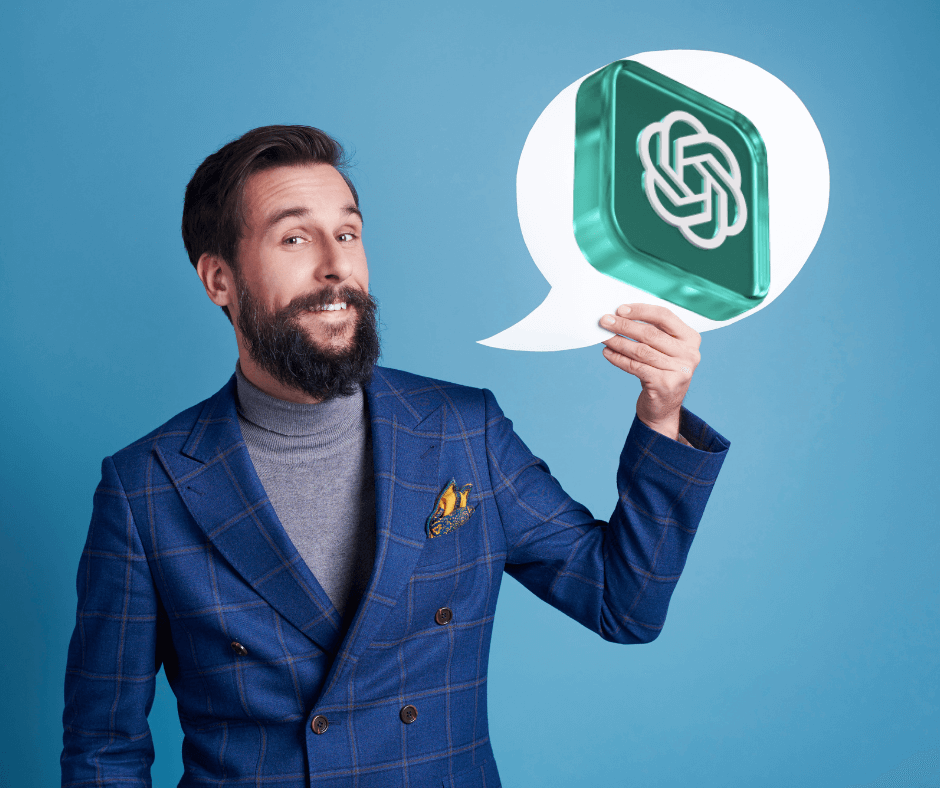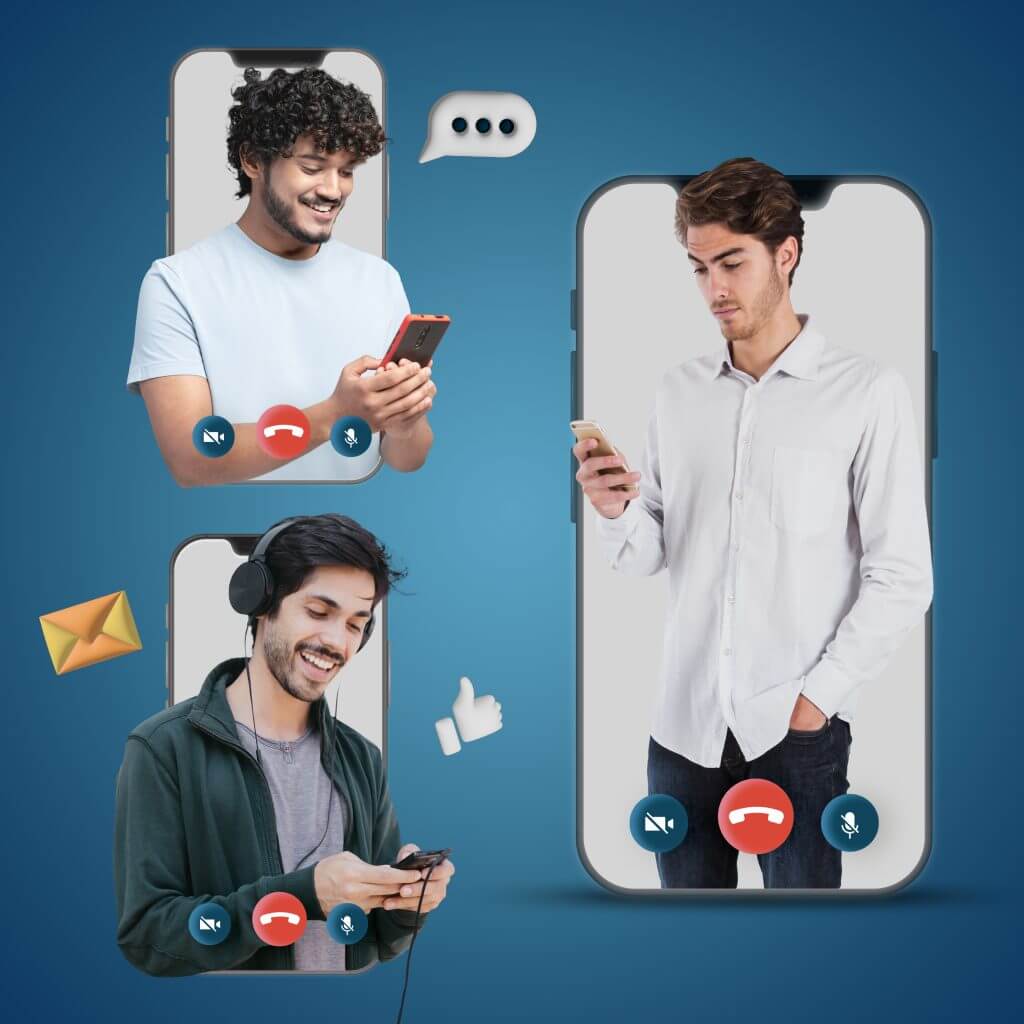
In today’s digital age, social media has become an integral part of our lives. We use it for various purposes, from connecting with friends and family to following our favorite brands and influencers. As social media platforms continue to evolve, businesses are constantly looking for ways to enhance their online presence and engage with their audience effectively. One of the latest developments in this field is the rise of chatbots, with ChatGPT leading the way as an advanced AI-powered chatbot. In this article, we will explore the battle between ChatGPT and human chat agents and determine who comes out on top.
Understanding ChatGPT
What is ChatGPT?
ChatGPT is an AI-powered language model developed by OpenAI. It utilizes state-of-the-art natural language processing techniques to generate human-like responses in a conversational manner. Trained on vast amounts of text data, ChatGPT can understand and respond to a wide range of queries and prompts. It has been designed to simulate human conversation and provide accurate and relevant information to users.
Strengths of ChatGPT
- 24/7 Availability: Unlike human chat agents who have limited working hours, ChatGPT is available round the clock. It can handle a large volume of inquiries simultaneously without any delays, ensuring quick responses to user queries.
- Consistency: ChatGPT maintains consistency in its responses. It does not get influenced by mood swings, fatigue, or personal biases, which can sometimes affect human chat agents.
- Scalability: ChatGPT can effortlessly handle a high volume of interactions without compromising the quality of its responses. It can cater to an extensive user base, making it ideal for businesses with a large customer base.
- Speed: ChatGPT can process and generate responses in real-time. It analyzes queries swiftly and provides prompt answers, resulting in enhanced user satisfaction and reduced waiting time.
Limitations of ChatGPT
- Lack of Emotional Intelligence: While ChatGPT excels in providing accurate information, it lacks emotional intelligence. It may struggle to understand the emotional context of a conversation and provide empathetic responses, which human chat agents can effortlessly offer.
- Subject Matter Expertise: ChatGPT’s knowledge is based on the training data it has been exposed to. If the conversation goes beyond its training data, it might struggle to provide accurate and comprehensive answers, especially in highly specialized domains.
The Power of Human Chat Agents

The Human Touch
Human chat agents bring a unique set of skills and qualities to the table that cannot be replicated by AI chatbots. They possess emotional intelligence, empathy, and the ability to understand nuanced conversations. These qualities allow them to build stronger connections with users and provide a personalized experience that goes beyond automated responses.
Strengths of Human Chat Agents
- Emotional Intelligence: Human chat agents can understand the emotional state of users and respond accordingly. They can provide empathetic support, offer comfort, and address complex emotional needs that might arise during a conversation.
- Domain Expertise: Unlike ChatGPT, human chat agents can possess deep knowledge and expertise in specific domains. This allows them to handle complex inquiries and provide detailed and accurate information tailored to the user’s needs.
- Adaptability: Human chat agents can adapt their communication style based on the user’s preferences and the nature of the conversation. They can adjust their tone, language, and approach to create a more engaging and meaningful interaction.
Limitations of Human Chat Agents
- Limited Availability: Human chat agents have finite working hours and require breaks. They may not be available 24/7, leading to delays in response times, especially during non-working hours or peak periods.
- Human Errors: Despite their expertise, human chat agents are prone to making errors. They may provide incorrect information, misunderstand queries, or fail to respond accurately due to factors like fatigue, distractions, or lack of knowledge.
- Scalability Challenges: As the user base grows, scaling human chat agent operations can become challenging. Hiring and training more agents to meet increasing demand can be time-consuming and expensive.
The Winning Combination: Humans and ChatGPT
Instead of pitting ChatGPT against human chat agents, a more effective approach is to leverage the strengths of both and create a winning combination. By integrating ChatGPT with human chat agents, businesses can offer a seamless and personalized customer experience while benefiting from the efficiency and scalability of AI technology.
Hybrid Approach Benefits
- Efficiency: ChatGPT can handle routine queries and FAQs, freeing up human chat agents to focus on more complex and specialized inquiries. This reduces the workload on human agents and allows them to provide better and more accurate responses.
- 24/7 Support: ChatGPT can be available round the clock, ensuring that users always have access to some level of support even outside working hours. Human agents can then take over during their available time slots to provide a more personalized and in-depth interaction.
- Cost-Effectiveness: By automating certain aspects of customer support with ChatGPT, businesses can reduce costs associated with human agent staffing. This allows for a more efficient allocation of resources while maintaining a high level of customer satisfaction.
- Continuous Learning: ChatGPT can learn from the interactions it has with users and improve over time. It can adapt to user preferences and provide increasingly accurate and relevant responses, enhancing the overall customer experience.
In our expert opinion as a digital agency, the battle between ChatGPT and human chat agents cannot be simplified to a competition of one against the other. Each possesses distinct strengths and limitations. ChatGPT excels in scalability, consistency, and speed, while human chat agents bring invaluable emotional intelligence, expertise, and adaptability to the forefront. By harnessing the power of both AI technology and human interaction, businesses can forge a winning customer support strategy that optimizes the benefits offered by each.
FAQs
Q1: Can ChatGPT completely replace human chat agents?
No, ChatGPT cannot completely replace human chat agents. While it excels in handling routine queries and providing prompt responses, human chat agents offer emotional intelligence and specialized expertise that are essential for certain conversations.
Q2: Can ChatGPT understand and respond to multiple languages?
Yes, ChatGPT can understand and respond to multiple languages. However, its performance may vary based on the quality and diversity of the training data available for each language.
Q3: How can businesses ensure data privacy and security with ChatGPT?
To ensure data privacy and security, businesses should implement robust security measures, such as encryption, secure data storage, and access controls. They should also comply with relevant data protection regulations and regularly update their security protocols.
Q4: Can ChatGPT learn from user interactions and improve its responses?
Yes, ChatGPT can learn from user interactions and improve its responses over time. It uses a feedback loop mechanism to refine its understanding and generate more accurate and relevant answers.
Q5: What are some industries that can benefit from using ChatGPT?
ChatGPT can benefit various industries, including customer support, e-commerce, healthcare, finance, and education. Its versatility and scalability make it a valuable tool for businesses looking to enhance their online presence and streamline customer interactions.
Related posts:
https://digfinity.com/the-rise-of-chatgpt-how-ai-chatbots-are-taking-over-social-media-marketing/



